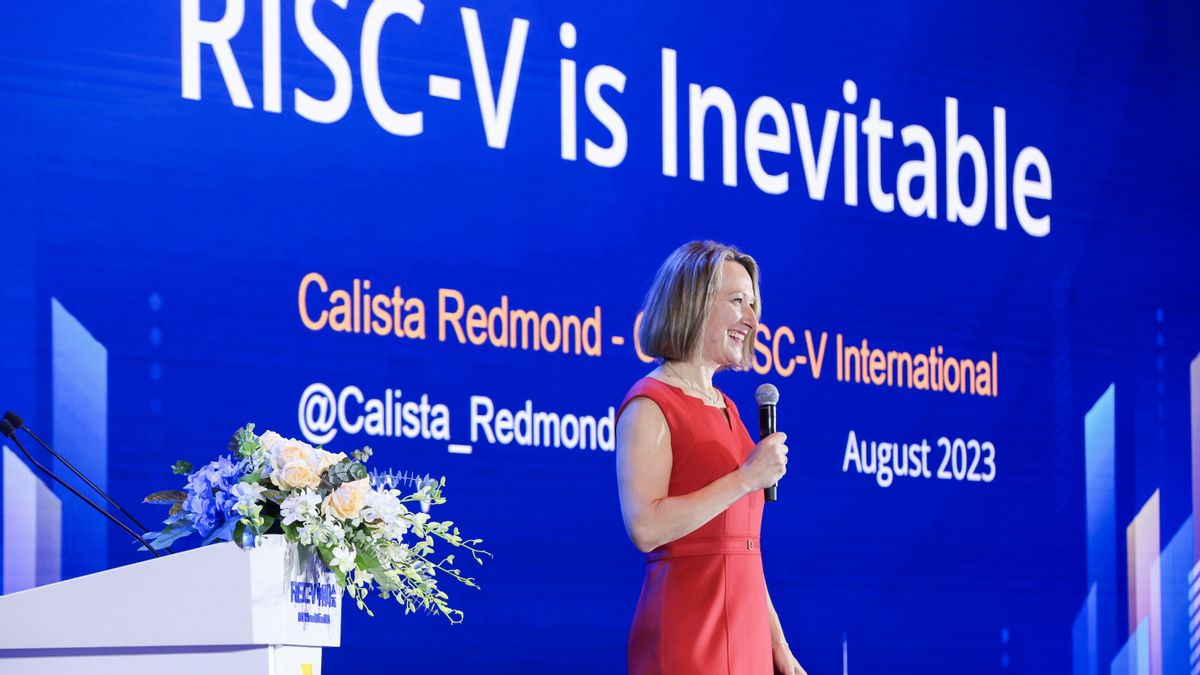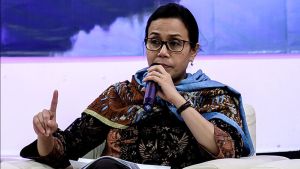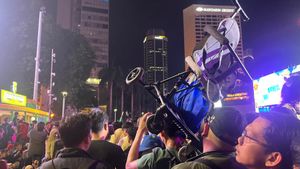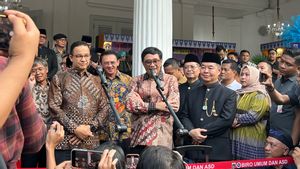JAKARTA - RISC-V International CEO said Monday, October 9, that the potential government restrictions on open-source technology will slow down the development of newer and better chips. It also hampers the global tech industry.
The comments came after Reuters reported last week that a growing group of US Congressmen urged US President Joe Biden's administration to impose export control restrictions related to RISC-V, an open-source technology supervised by the RISC-V International nonprofit foundation. RISC-V technology can be used as material for making chips for smartphones or artificial intelligence.
Big US companies such as Qualcomm and Google have embraced RISC-V, but so have Chinese companies such as Huawei, which members of the US Congress say is a national security issue.
In a blog post, Calista Redmond, head of RISC-V International, which coordinates cooperation between companies in the technology, said that RISC-V is no different from other open technology standards such as Ethernet, which helps computers on the internet communicate with each other.
اقرأ أيضا:
"The actions considered by the government for restrictions have never occurred within open standards will have reduced access consequences to global markets of products, solutions and talent," Redmond wrote, quoted by Reuters. "Divisions at the standard level will lead to a world of incompatible solutions that double businesses and cover the market."
Redmond writes that RISC-V has attracted contributions in the same numbers from North America, Europe, and Asia. The standards published by the foundation are not a complete blueprint for chips and do not provide any party with more information on how to make chips than available from manufacturer chip technology companies such as Arm Holdings.
"The only difference is that markets are allowed to use this standard without a propietary license from a controlling company," wrote Redmond. "Having access to open standards allows companies to innovate more quickly and spend their time creating different products, rather than trying to recreate existing technologies."
The English, Chinese, Japanese, Arabic, and French versions are automatically generated by the AI. So there may still be inaccuracies in translating, please always see Indonesian as our main language. (system supported by DigitalSiber.id)


















